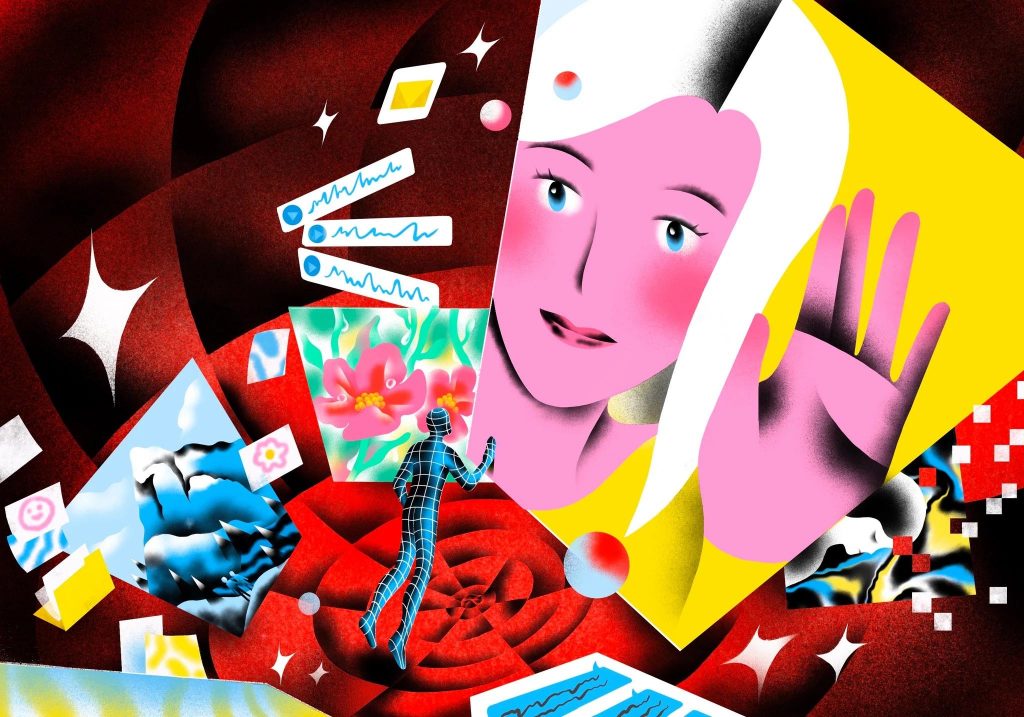Will Corona Virus affect Social Media?
But if there is a silver lining in this crisis, it may be that the virus is forcing us to use the internet as it was always meant to be used — to connect with one another, share information and resources, and come up with collective solutions to urgent problems. It’s the healthy, humane version of digital culture we usually see only in schmaltzy TV commercials, where everyone is constantly using a smartphone to visit far-flung grandparents and read bedtime stories to kids.
Already, social media seems to have improved, with more reliable information than might have been expected from a global pandemic. And while the ways we’re substituting for in-person interaction aren’t perfect — over the next few months in America, there may be no phrase uttered more than “Can someone mute?” — we are seeing an explosion of creativity as people try to use technology as a bridge across physical distances.
Just look at what’s happening in Italy, where homebound adults are posting mini-manifestos on Facebook, while restless kids flock to multiplayer online games like Fortnite. Or see what’s happening in China, where would-be partyers have invented “cloud clubbing,” a new kind of virtual party in which D.J.s perform live sets on apps like TikTok and Douyin while audience members react in real time on their phones. Or observe how we’re coping in the United States, where groups are experimenting with new kinds of socially distanced gatherings: virtual yoga classes, virtual church services, virtual dinner parties.
Just look at what’s happening in Italy, where homebound adults are posting mini-manifestos on Facebook, while restless kids flock to multiplayer online games like Fortnite. Or see what’s happening in China, where would-be ‘partyers’ have invented “cloud clubbing,” a new kind of virtual party in which D.J.s perform live sets on apps like TikTok and Douyin while audience members react in real time on their phones. Or observe how we’re coping in Australia, where groups are experimenting with new kinds of socially distanced gatherings: virtual yoga classes, virtual church services, virtual dinner parties.
Building a virtual world to replace a broken physical one is not a new idea. It has been a staple in sci-fi narratives for decades, including classics like “Snow Crash” and “Ready Player One.” Many of these stories are dystopian in nature — in them, virtual reality is simply an escape from a real world that is falling apart.
Digital tools will also help strengthen our real-world ties if we use them the right way.



